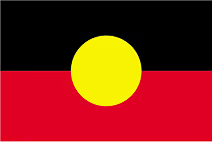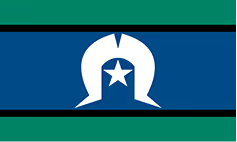Reducing Alcohol: The Number One New Year's Resolution and 5 Tips on How to Stick to it
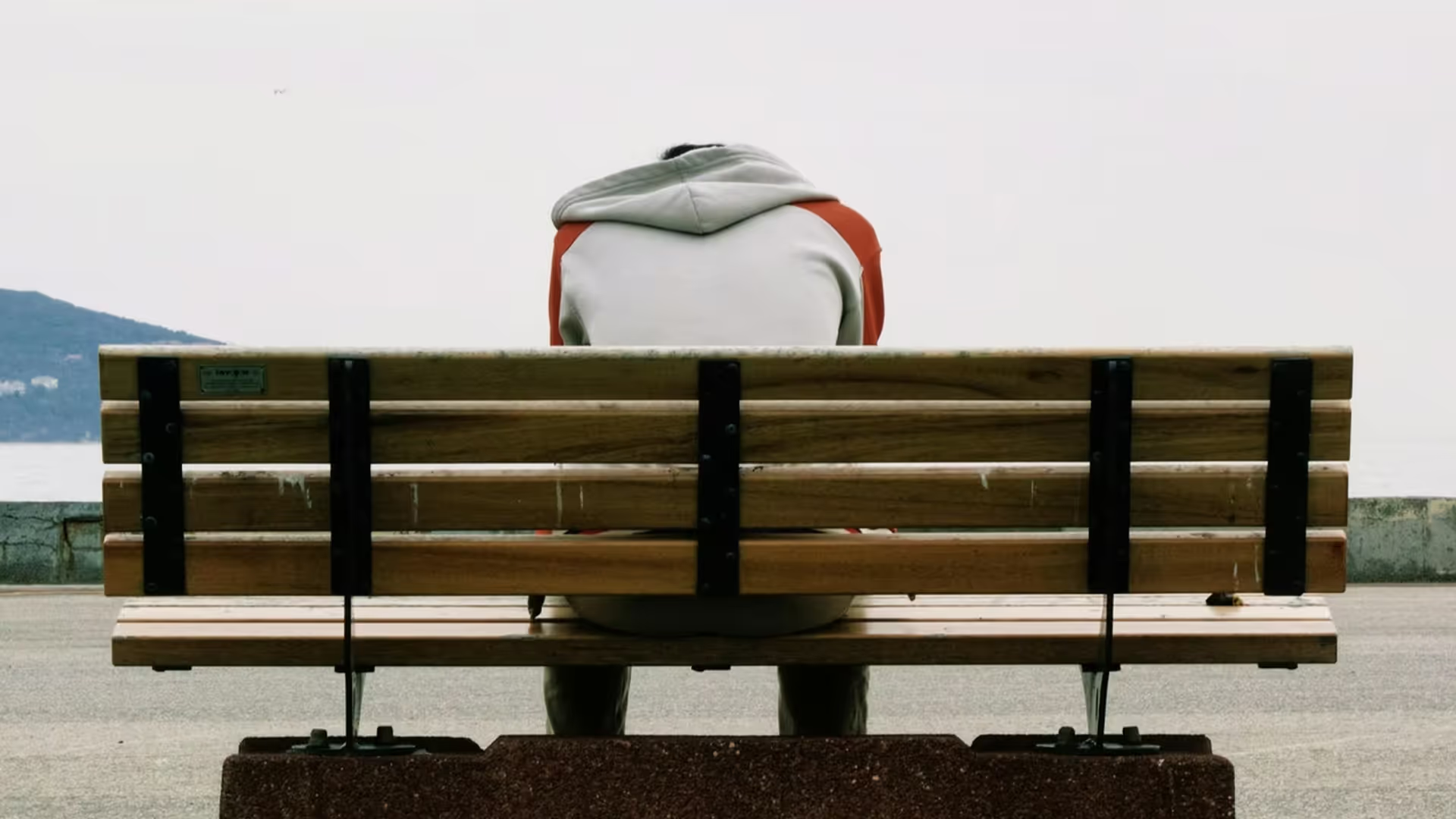
For many of us, the journey to reducing alcohol consumption can feel overwhelming. As we approach the New Year and focus on recalibrating healthy habits, we chatted to Andrew Addie, our Intake and Client Support Coordinator. Andrew brings not just professional expertise but valuable lived experience to his role.
Over five years ago, he was drinking heavily, and like many Australians, what had begun as social drinking had escalated into something more serious. Andrew had known for nearly a decade that he wanted to slow down, and serendipitously found his way to Clean Slate when it was operating out of a GP practice under Dr Chris Davis.
Now, drawing from his experience and expertise, Andrew shares valuable insights on making and maintaining this significant life change at the start of a new year.
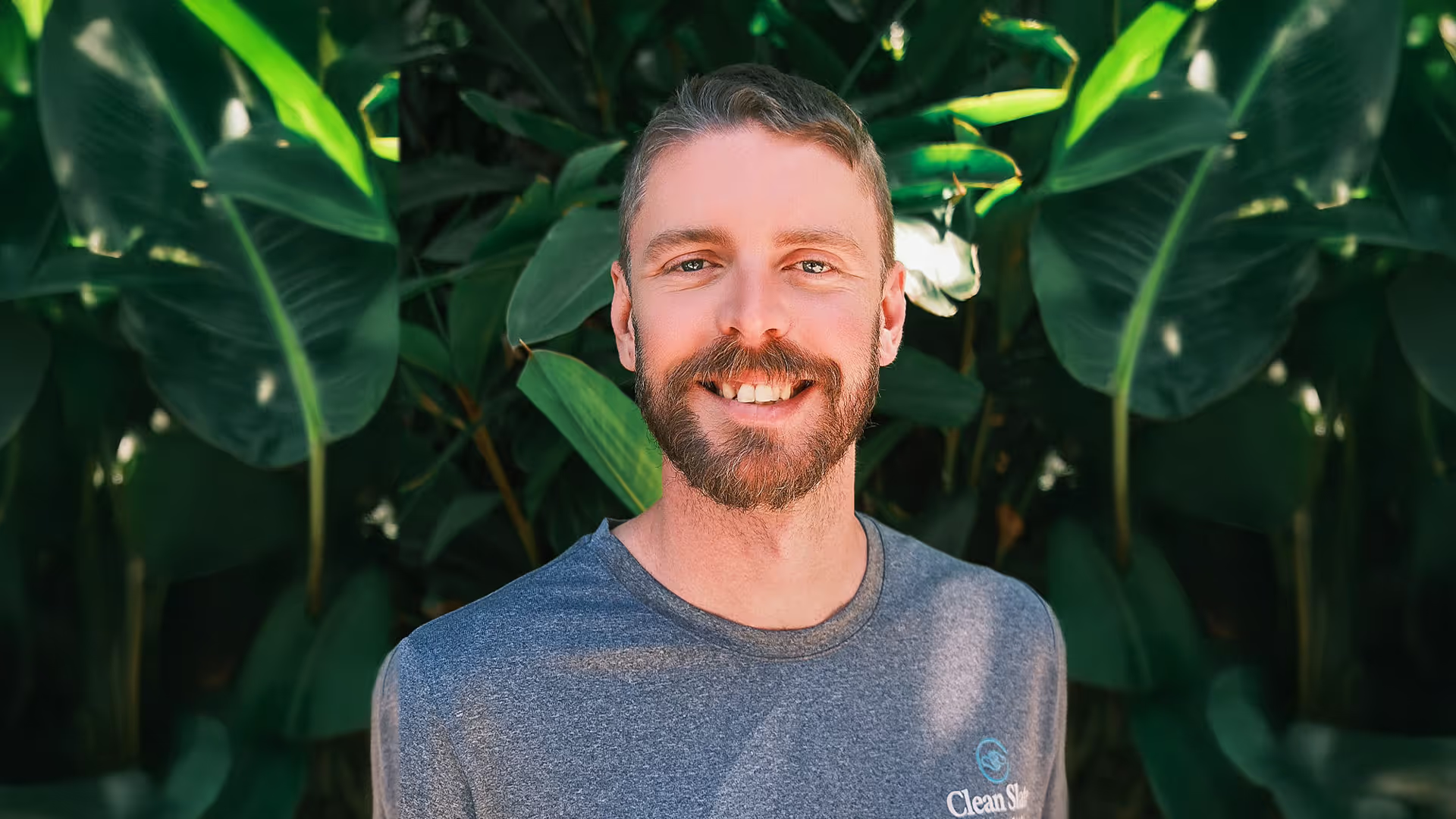
1. Strategic Planning
What is planning? How can people plan and why is it important?
When it comes to making significant lifestyle changes, especially with something as complex as alcohol consumption, setting yourself up for success demands thoughtful preparation and a holistic approach. Making the decision to reduce or eliminate alcohol from your life is a journey that touches multiple aspects of your daily routine, social interactions, and personal wellbeing.
That's why it's important to approach this resolution with careful consideration and a well thought-out strategy that addresses both the practical and emotional challenges you might face along the way.
You might want to start by seeing a GP and working out a plan with them first, particularly if you feel you are drinking moderately to severely (high risk) and need to gradually reduce your drinking rather than going ‘cold turkey’, due to the risk of seizures or other serious side effects.
Andrew recommends to leave no stone unturned in the planning phase. Practical steps might include things like:
- Removing all alcohol from your home;
- Stocking up on non-alcoholic alternatives (or having some stubbie holders handy to cover a non-alc bev that you can ‘pretend’ is alcoholic to avoid questions at events if you don’t want confrontation);
- Writing goals down or even journalling can be helpful as a daily practice;
- Plan to do things during the times when you usually drink alcohol. Try things like going on a tech and wallet free walk. You will more than likely find 20 other sober people at a 6pm yoga class on a Friday;
- Practice saying ‘no’ through mock scenarios. Even if you can have a few excuses like you’re on a ‘health kick’, you’re driving, or you’re on antibiotics. Andrew said it’s ok to just tell a fib or two if you just want to be a chameleon and fit in without having to draw attention to yourself if you are feeling vulnerable. You will find your voice and eventually feel confident and comfortable saying ‘no’, but in those early days when you're still building that confidence, it's perfectly fine to have some responses ready for those potentially awkward social situations.
2. Be Kind to Yourself
Being kind to yourself during this journey is something to remember. Change doesn't happen overnight, and it's normal to face challenges along the way.
As Andrew explains,"There's no need to be hard on yourself. If you slip up, it's ok - the time you spent not drinking still counts and is worth celebrating.
"Remember that this is a process - 'Rome wasn't built in a day.' You will find yourself experimenting during the journey and it can be trial and error and that is ok."
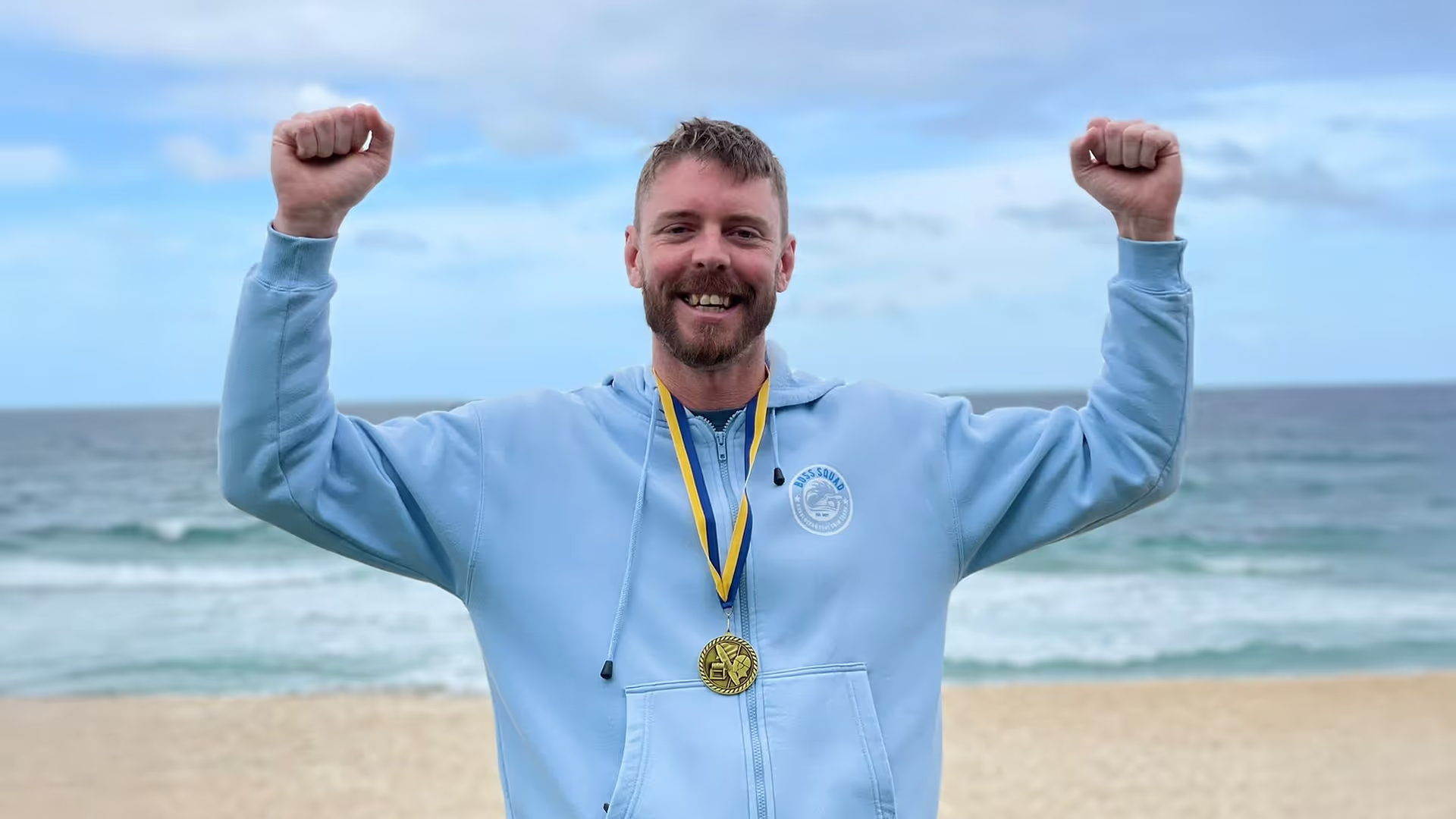
3. Build Your Support Network
January can be particularly conducive to connecting with like-minded people, as many might be feeling the same way after December and dropping unhealthy habits in the New Year.
Andrew says; "January is interesting because there's this general vibe where everyone's trying to tone things down after the festive season. Society is much more forgiving of people not drinking, so you can really harness that energy to your advantage. While December brings a lot of challenges with all the celebrations, January offers this natural window where many people are focusing on health and fresh starts. It's the perfect time to connect with others who are on the same journey."
Find allies who can support your journey, whether they're other non-drinkers, even pregnant women, or just people who also want to improve their own health. You might also want to distance yourself from relationships that might undermine your goals, at least during the initial transition period.
4. Focus on New Activities
Consider connecting with other things you love doing or finding new hobbies. Andrew shares his personal journey of rediscovery through swimming. "I used to be a decent swimmer back in high school, and I really enjoyed it," he recalls. Initially, he both figuratively and literally just "dipped his toe in the water," starting with returning to casual laps.
Andrew then found an organisation that offered events to focus on where you could sign up for 1km, 2km, and 5km swims. The group provided both the physical activity, but also social connections with new people, and the satisfaction of achieving concrete goals. For Andrew, swimming became more than just a hobby - it was a positive replacement for drinking that brought back joy and purpose to his life.
He also says that it doesn’t necessarily have to be a sport that you find joy in. Some people do turn to running and wellness through physical activities which is great, but if you are a painter, or a writer, or even love woodwork or fishing. Just think about what will fuel you to enact positive change in your life and bring joy without a drink in your hand.."
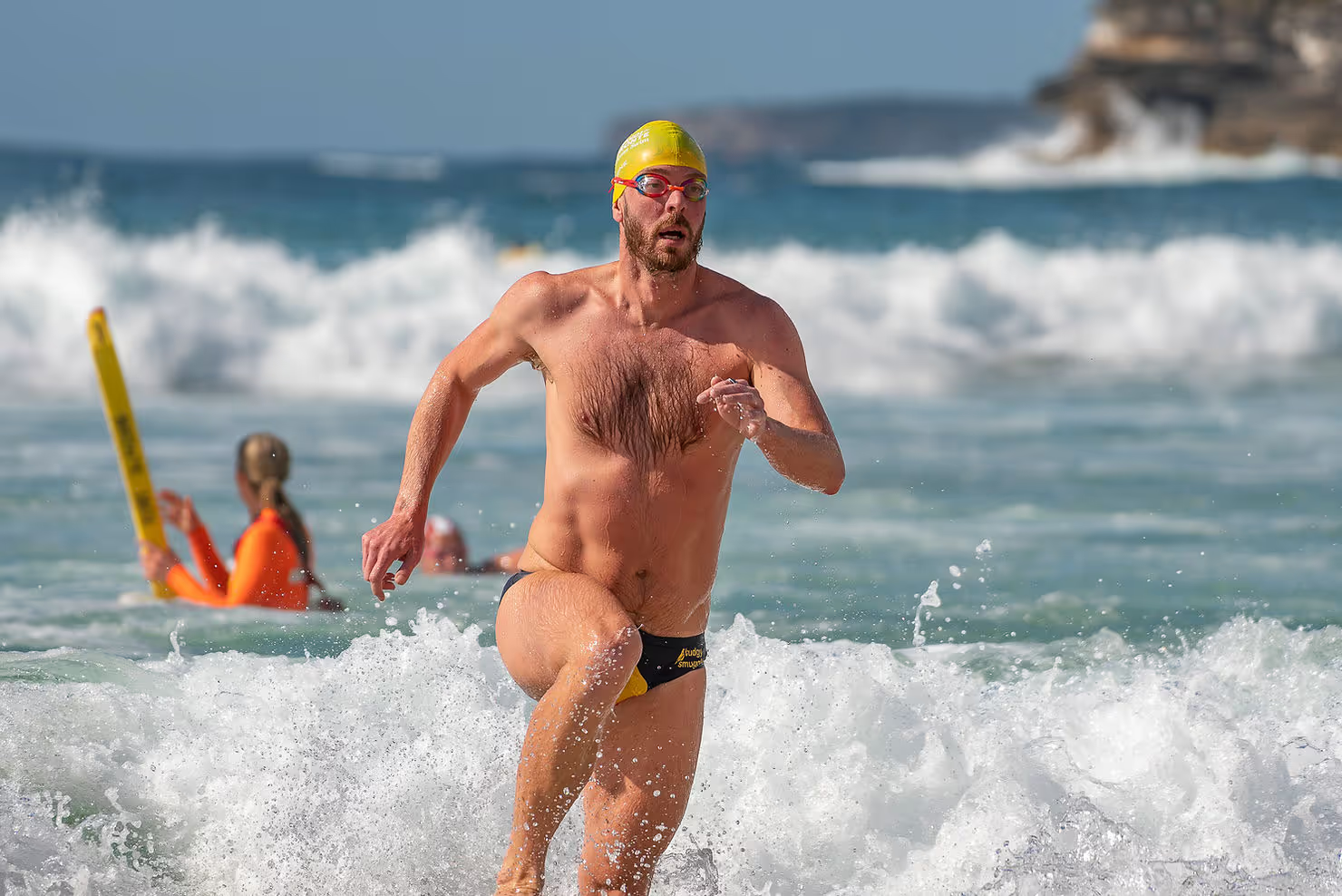
5. Understand the Process and Seek Support
Be prepared for withdrawal symptoms beyond the physical, particularly in the first week, which might include things like loneliness or anxiety. Remember that these are normal parts of the process and it helps to sit with that discomfort - it’s ok to indulge in a bit of self-pity.
But also remember to amplify the wins rather than dwelling on these negative feelings. Things like waking up fresh on a Sunday morning, or even just being able to attend a party and not have a drink. Celebrate those day by day milestones. Andrew says to treat yourself with the wins. A spa day, or a meal at your favourite restaurant as a reward.
Most importantly, remember that support is readily available. You can start by having a confidential chat with your GP or take our online suitability test at Clean Slate to connect with our team. Private consultations are conducted in a completely judgment-free environment. Our team, including many with lived experience of alcohol and other drug dependence, are all about helping you move forward without shame or stigma.
Andrew says:
"The days of stoicism and suffering in silence are over. Anyone working in the alcohol and drug space genuinely wants to help you open up and heal. Don't let perceived barriers hold you back - reaching out for support might be one of the most liberating things you'll ever do."




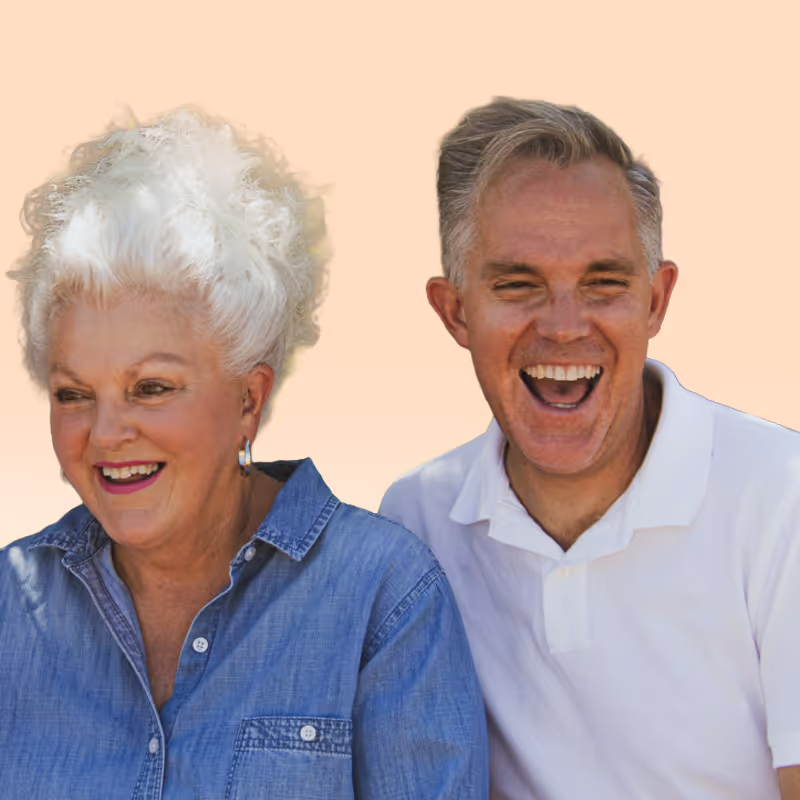
Ready to get started?

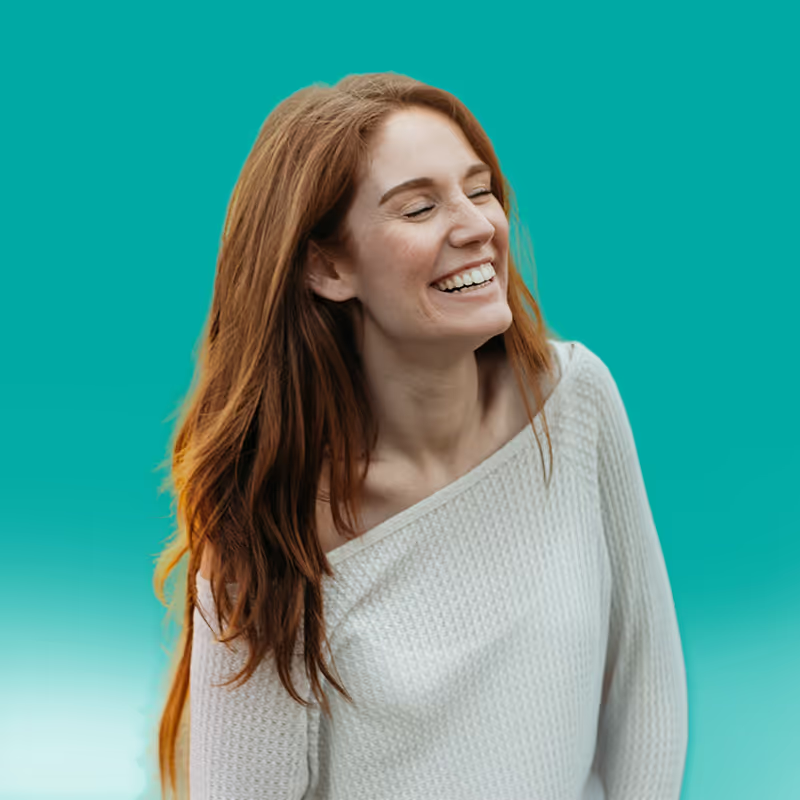
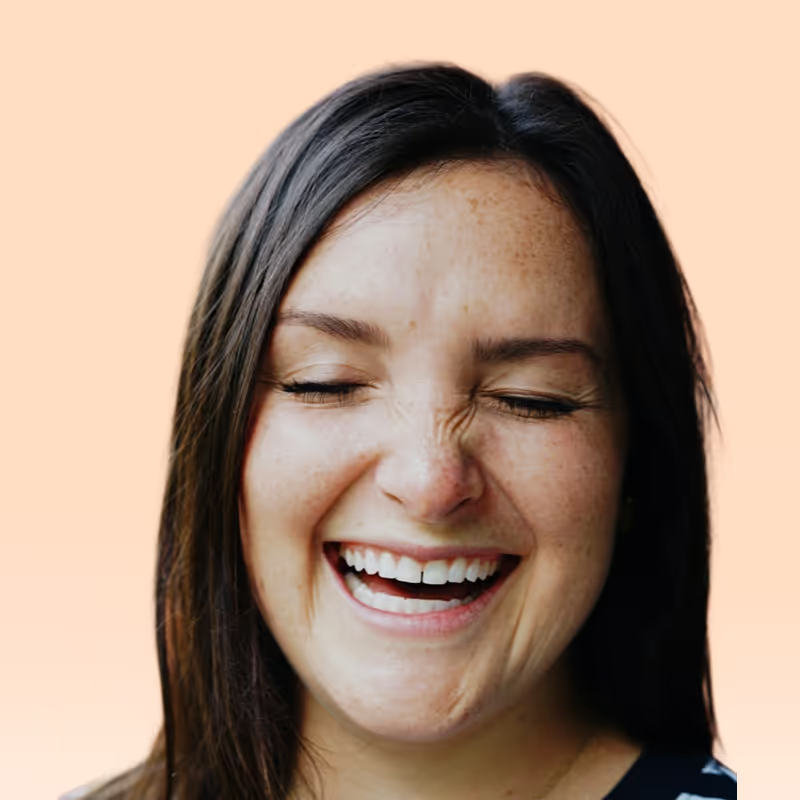

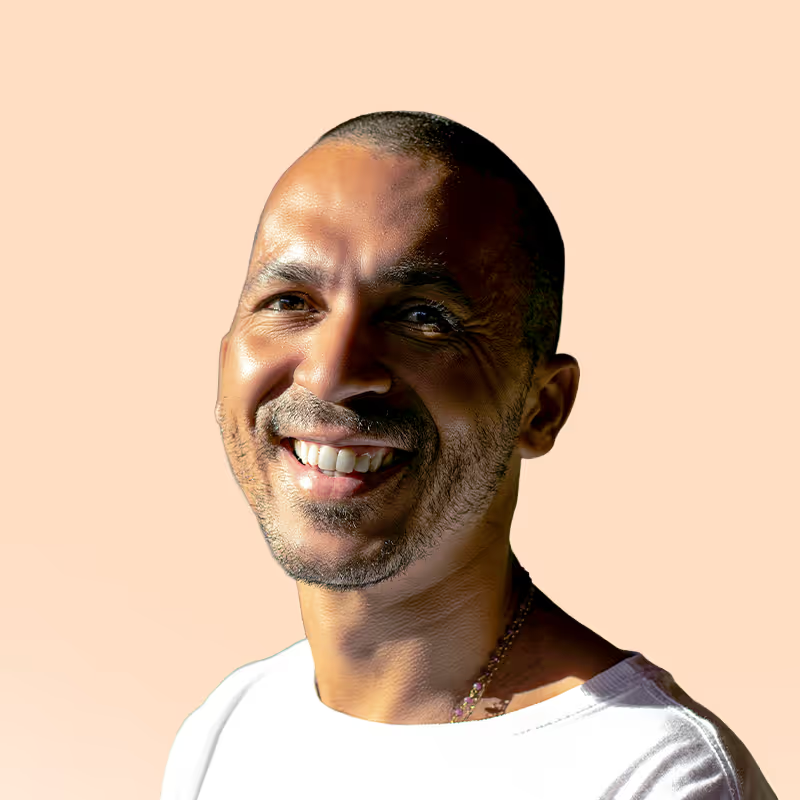
.png)


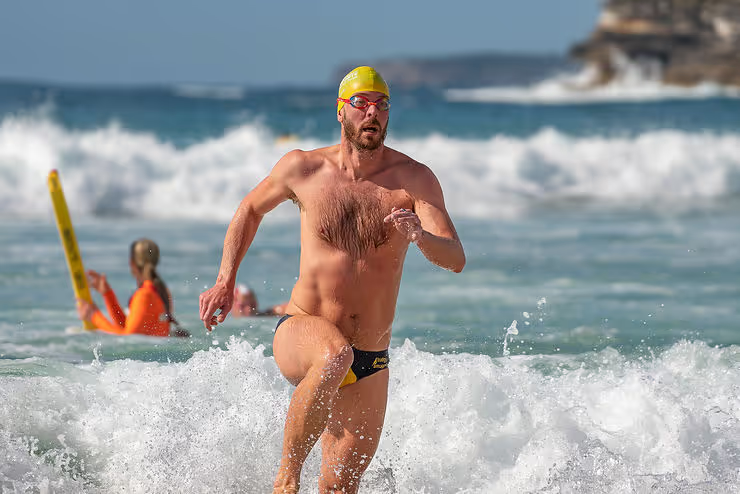

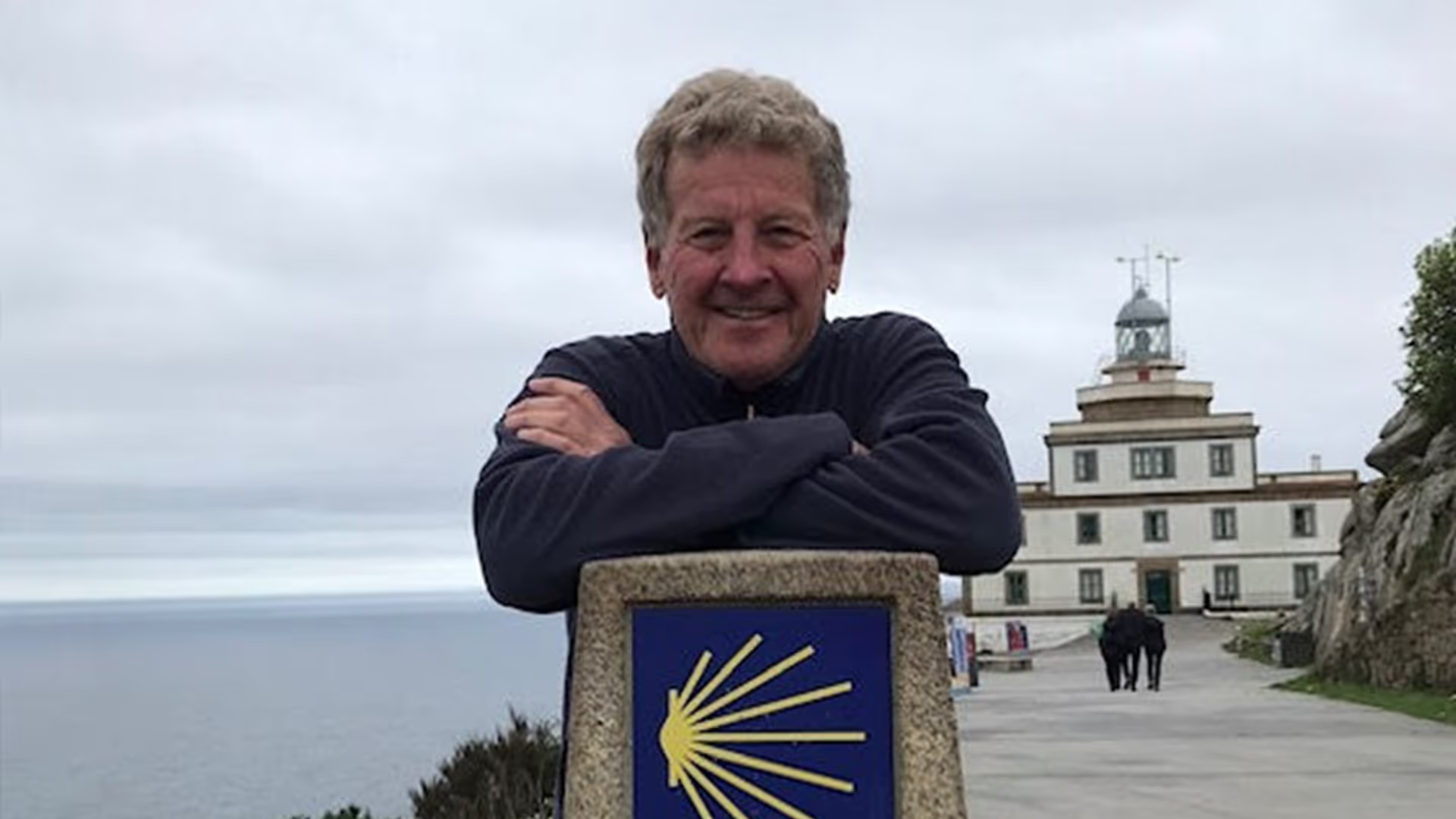


.avif)
